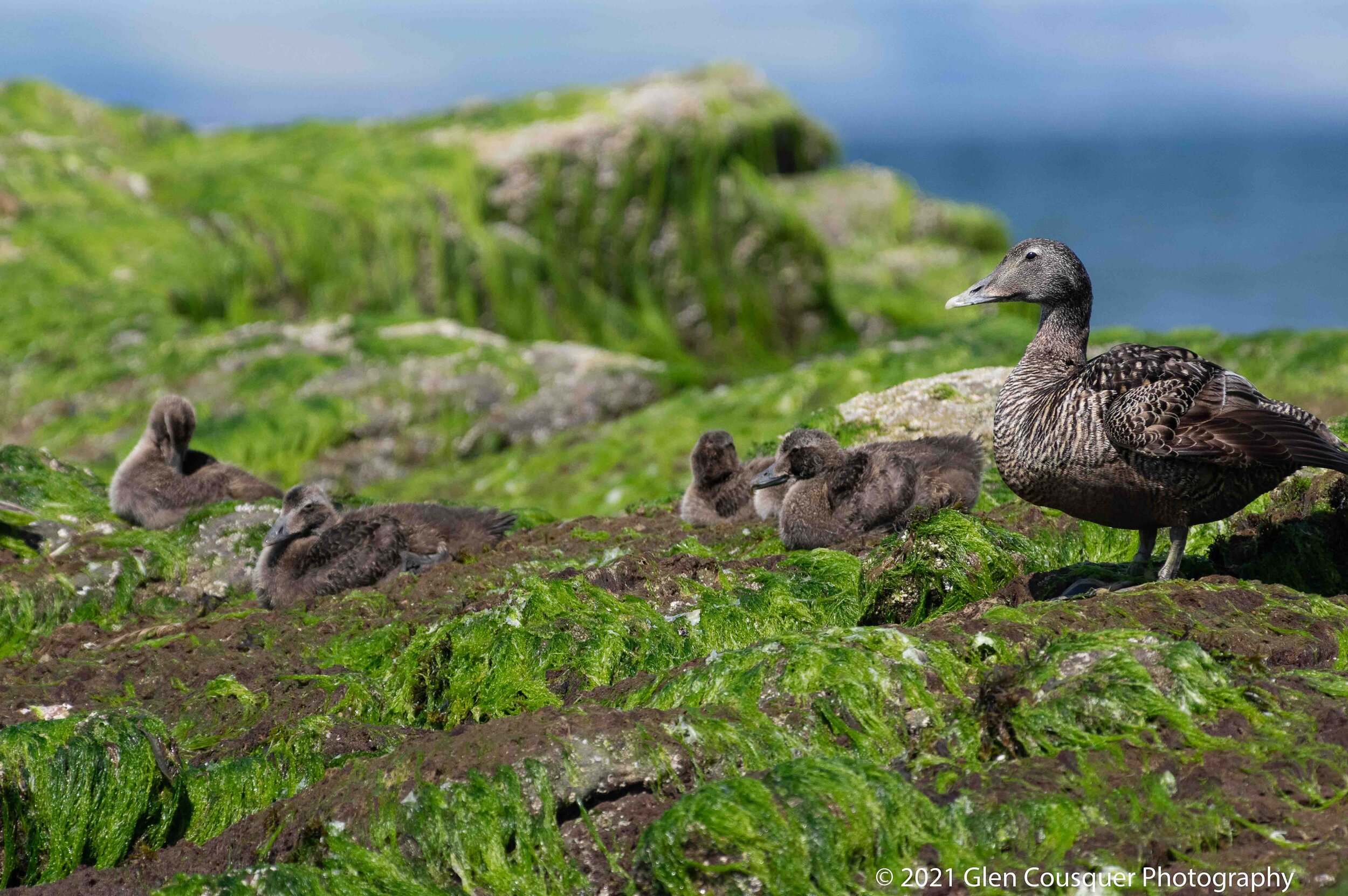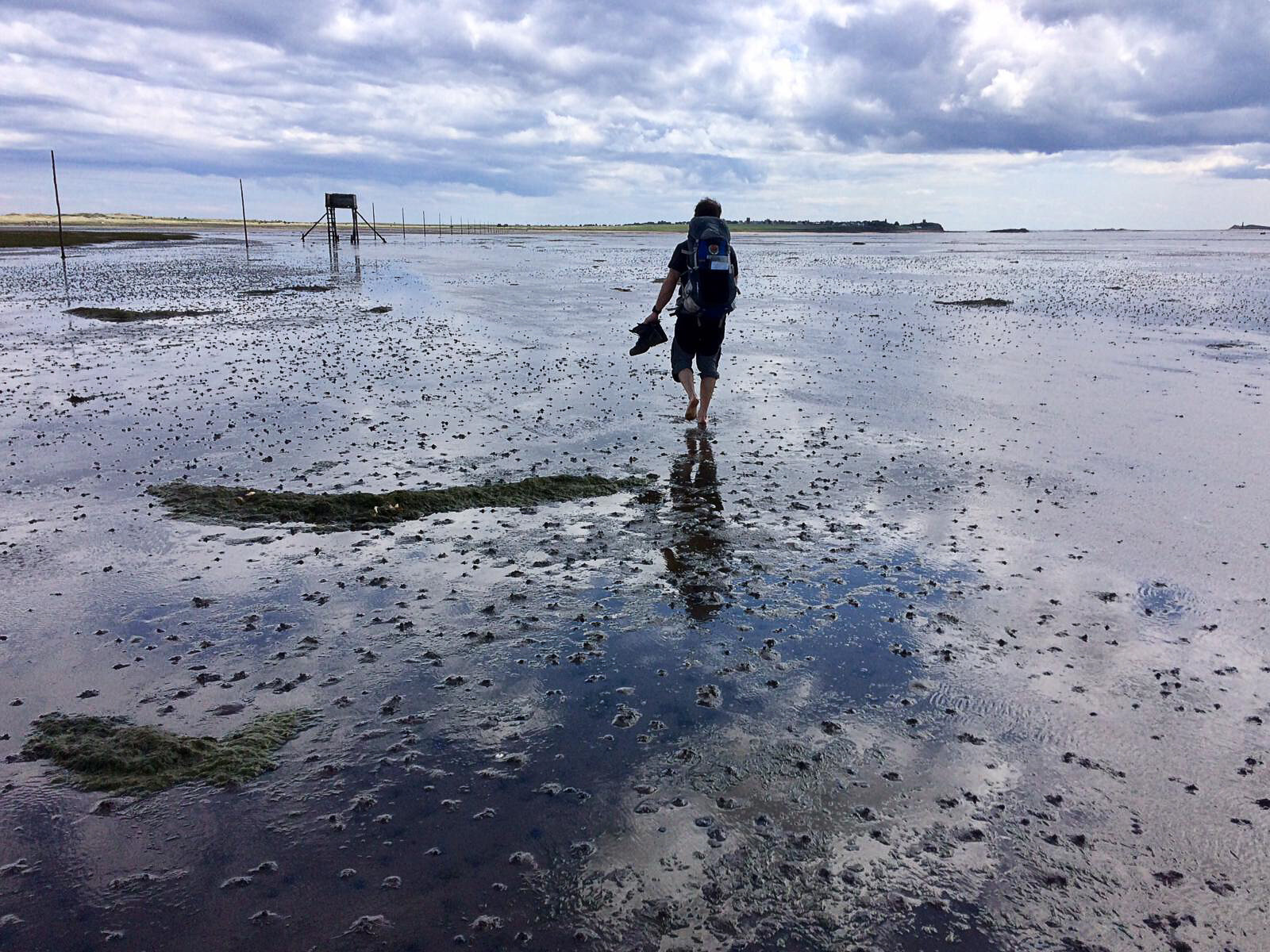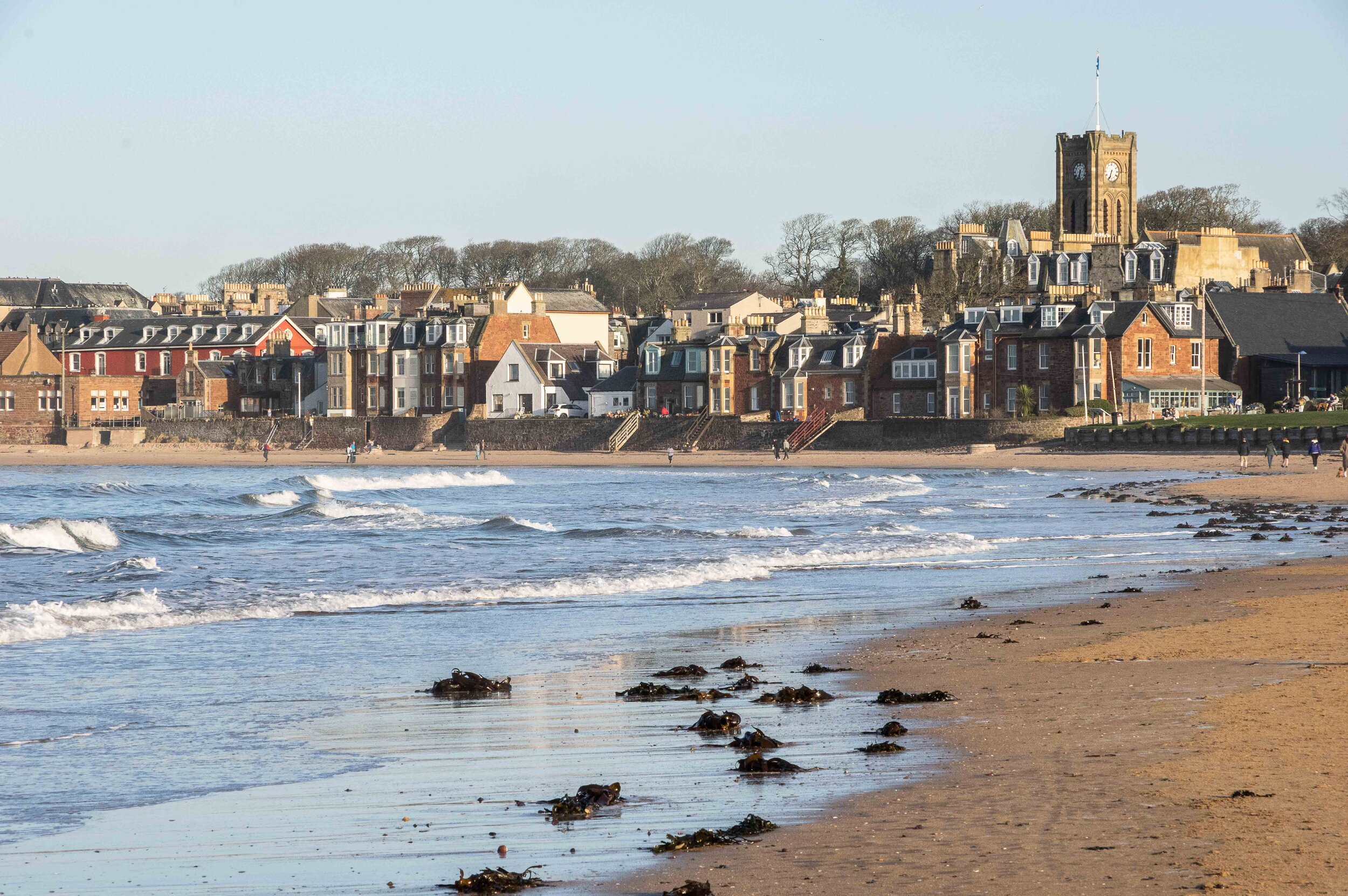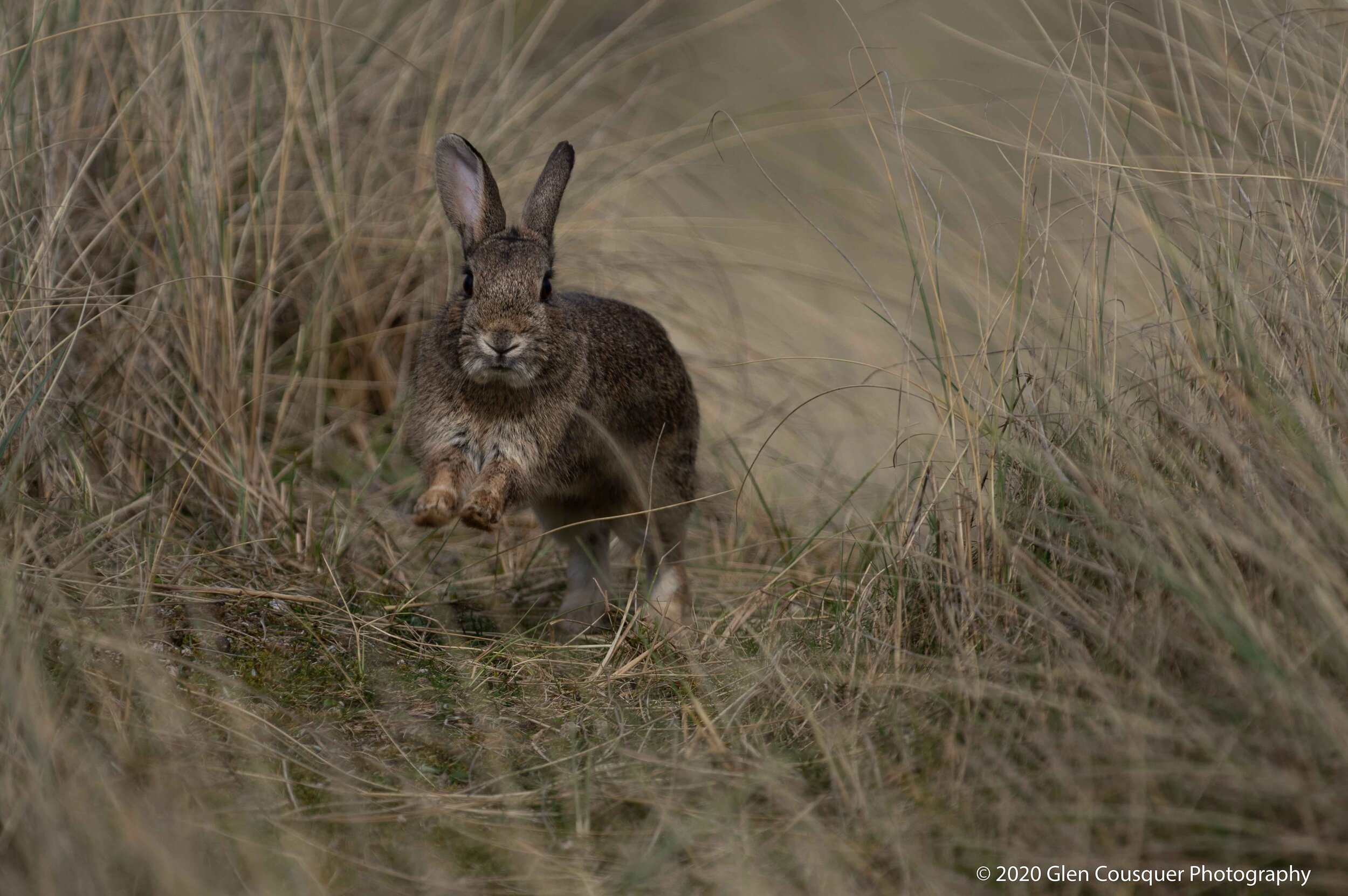Loss of biodiversity, loss of productivity of our lands, emergence of new disease threats, now, here in 2021 we are on a tipping point. COP26 is a focus of concerns and we hope action. Glen Cousquer is a lecturer on the MSc and MVetSci programmes in One Health and Conservation Medicine at the University of Edinburgh. This podcast expounds a passionate philosophy on how we should educate and collaborate, as well as understand and co-exist with our natural world, our home.
We talk about a Biotic and a wider connection to life. How Biophilic Design is a physical incarnation of that connection. How COP26 will see multiple generations speaking out more clearly than ever across our global village. We are seeing the emergence of a new discourse and Glen’s advocation of “Awareness Based Action Research” which he teaches, which is a fast-cycle learning through deeper listening, using humility and empathy. Glen also describes the COP26 Pilgrimage which starts at the birthplace of John Muir, who inspired the conservation movement, and which will end at Glasgow where COP26 takes place.
We discuss that sense of “awe” which we talk about creating in Biophilic Design, how we are born with that sense of wonder and that the way we relate to the world, our good health, our wellbeing, is connected and dependent on that. How engaging with that complexity that nature provides us with, with every element of ourselves, the way we move, the way we think, the way we breathe, we are constantly in relation to nature, we are not independent from it. We should also connect with “our” nature.
There are some excellent one line quotes in this podcast, we’d love to know your favourites. We talk about wholeness, and how in Biophilic Design, we encourage mystery as well as creating environments that calm and heal through nature connection. Glen talks about how it is important for us neurologically for fear to arise and then subside, but if as a species how in an activated state of anxiety, we don’t have sympathetic nervous systems activated and into that deactivation where our ventral vague nerve is active, we are better able to engage and connect. When we are in that calmer state, the work that we do has a completely different quality. The ways we create this state will almost always will be through some form of connection with our own nature and with nature itself.
Listen to Glen explain the significance of an Ecological pilgrimage, how it can expand spiritual and ecological intelligence.
Glen Cousquer Glen is a writer, photographer and has been lecturing on and coordinating the MSc and MVetSci programmes in One Health and Conservation Medicine at the University of Edinburgh.
He is also a recipient of this year’s EUSA Outstanding Commitment to Social Justice and Sustainability Award and the 2020 Social Responsibility and Sustainability Changemaker Awards in recognition of his work on sustainability across the University, including the embedding of deep listening and sustainability into postgraduate training courses for healthcare professionals.
We spoke last year https://journalofbiophilicdesign.com/podcast-journal-of-biophilic-design/glen-cousquer (and listeners can search for it on your podcast platform or our website here From Veterinary Science to a Wellbeing Biophilic Economy
Credits: with thanks to George Harvey Audio Production for the calming biophilic soundscape that backs all our podcasts.
Did you know our podcast is also on Audible, Amazon Music, Spotify, iTunes, YouTube, Stitcher, vurbl, podbay, podtail, and most if not all the RSS feeds?
Facebook https://www.facebook.com/journalofbiophilicdesign/
Twitter https://twitter.com/JofBiophilicDsn
LinkedIn. https://www.linkedin.com/company/journalofbiophilicdesign/
Instagram https://www.instagram.com/journalofbiophilicdesign





